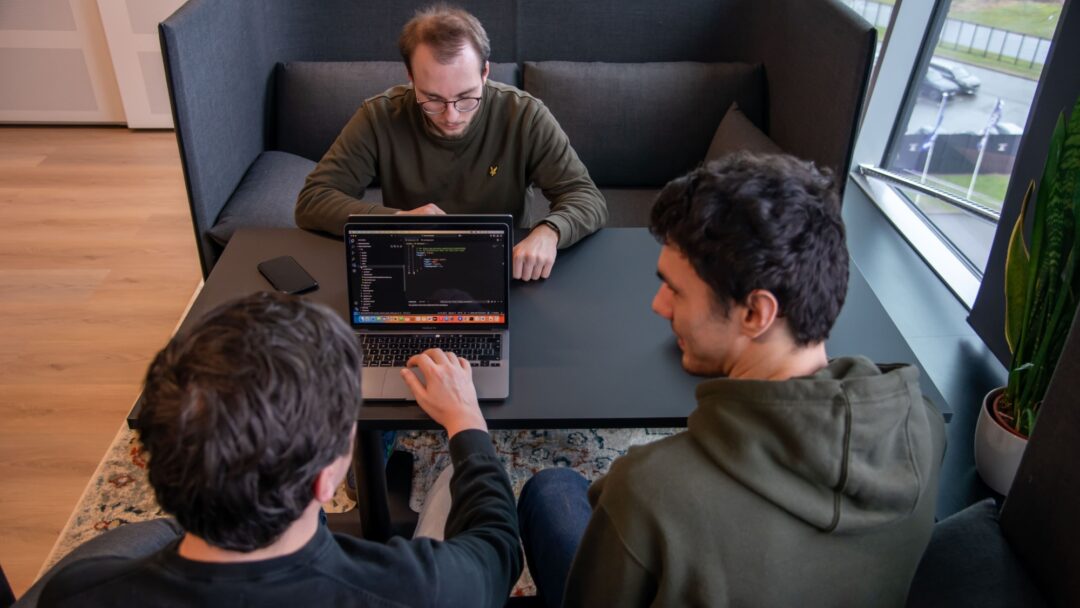
The developer who hits 'Merge' is still responsible, even in the AI era
With tools like GitHub Copilot generating entire code blocks, fixing bugs and even reviewing pull requests, the way we approach software development is changing fast. But one thing remains constant:
The developer who hits 'Merge' is still responsible.
At Endare, we fully embrace AI-assisted coding but we also believe that accountability, context and human judgment are more important than ever.
Here's how we think about code reviews in a world where AI is part of the team.
Code review is still about context
Good code isn’t just technically correct. It reflects a product’s goals, user needs, and architectural vision. That’s why code reviews exist: not just to fix bugs, but to ensure the code fits the broader system and long-term direction.
AI can suggest solutions, it can refactor, it can clean up style.
But it can’t weigh trade-offs or understand why you’ve made certain decisions in the first place. And it certainly can’t carry the responsibility of shipping something into production.
AI helps but doesn’t decide
AI tools today do a solid job at catching basic issues: inconsistent naming, unused variables, syntax flaws or missed null checks. That makes it easier to submit cleaner pull requests and frees up reviewers to focus on deeper issues.
But the harder questions: Should we restructure this? Is this a performance risk? Does this align with our product roadmap?
These still fall to humans. AI can flag patterns; people still need to apply judgment.
We’ve seen that when developers run a local AI-assisted review before opening a PR, it raises the baseline. But the final call remains with the team.
The value of human review
Some things are simply beyond what models can evaluate:
- The intent behind a change
- The impact on team conventions and maintainability
- Whether a shortcut today will create tech debt tomorrow
Reviews are also moments of alignment and mentorship. They reinforce shared values, improve team understanding and expose assumptions that a model will never see.
Building a balanced review process
We encourage our teams to treat AI like a teammate that handles the routine, not the strategic. Use it to clean up drafts, highlight risks or flag inconsistencies. But make sure the review process still allows time and space for real discussion.
We also revisit our review guidelines regularly. AI is evolving and so are our expectations around what a good review looks like.
AI helps developers move faster and submit better code. But it’s not there to approve, to mentor or to own risk.
That still belongs to the people.
And that’s why, no matter how advanced the tooling gets: The developer who hits 'Merge' is still responsible, even in the AI era.
Book a meeting
Discuss your idea directly with one of our experts. Pick a slot that fits your schedule!
